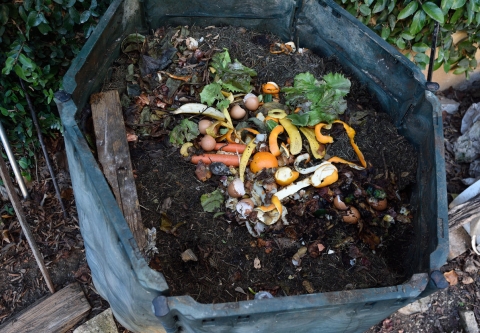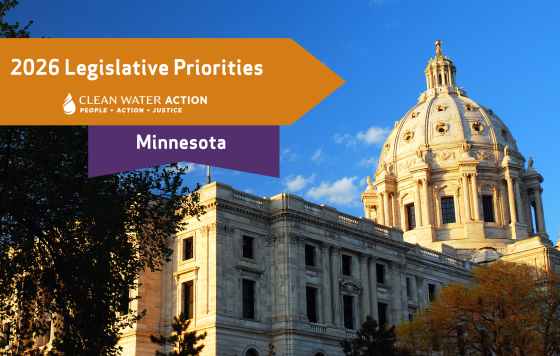
On January 19, 2022, we testified in favor of SB124, legislation to create a grants program for public schools to divert food waste and develop composting infrastructure! Check out the public hearing here and read a recap here. This legislation passed in 2022, but was not funded.
SB124: Public Schools – Grant Program to Reduce and Compost School Waste
Senate Education, Health, and Environmental Affairs Committee
January 19, 2022
Position: Favorable
Dear Chairman Pinsky and Members of the Committee,
Clean Water Action supports SB124 to create a grant program to reduce and compost school food waste.
Across the state, schools are reducing their food waste through education, new methods to serve food, and compost. In Frederick County, a pilot program at Urbana Sugarloaf Elementary diverted 87% of their “trash” and then expanded to 23 Frederick County schools. In Montgomery County a student-led effort is building on the success from Frederick County and found that 86% of the waste could be recycled or composted. In Prince George’s County, the Laurel High School Green Club spearheaded the first school compost program for the county and found similar results in their own waste audit.
Food waste is a persistent problem, and when thrown away conventionally it creates greenhouse gasses - CO2 if incinerated and methane if left to rot in a landfill. But, if composted the food waste sequesters the carbon into an organic-rich soil amendment. Based on waste audits in Frederick and Montgomery County, 70-80% of the cafeteria waste could be diverted from landfills and incinerators through compost and recycling.
While PTAs and rotary clubs have supported many of the early efforts in schools across the state, funding for compost contracts, bins, and other materials have been a barrier for many, even schools where there are parents and teachers interested in supporting the program. SB124 creates a grant program to make food waste and compost interventions available to Maryland schools across the state.
Aside from composting, food waste diversion like that supported by SB124 also saves edible food from the trash, getting it into the hands of people who need it. 1 in 7 children in Maryland face hunger, yet we are wasting good food every day in cafeterias around the state. Share Tables provide an opportunity for children who choose not to eat something from their meal to let another student have it. Per USDA guidance, children may return whole food or beverage items to the table, where they are then available for children who want additional items. Adults monitor the tables to ensure food safety. Oranges, granola bars, unopened milks, and other items are saved from the trash and put into hungry bellies.
SB124 would enable interested schools across the state to pursue strategies to reduce food waste, whether it be through composting, share tables, or reimagining the cafeteria to reduce waste in the first place. We appreciate Senator Hettleman’s proposed legislation and urge a favorable report.
Thank you,
Emily Ranson
MD Director
Clean Water Action


